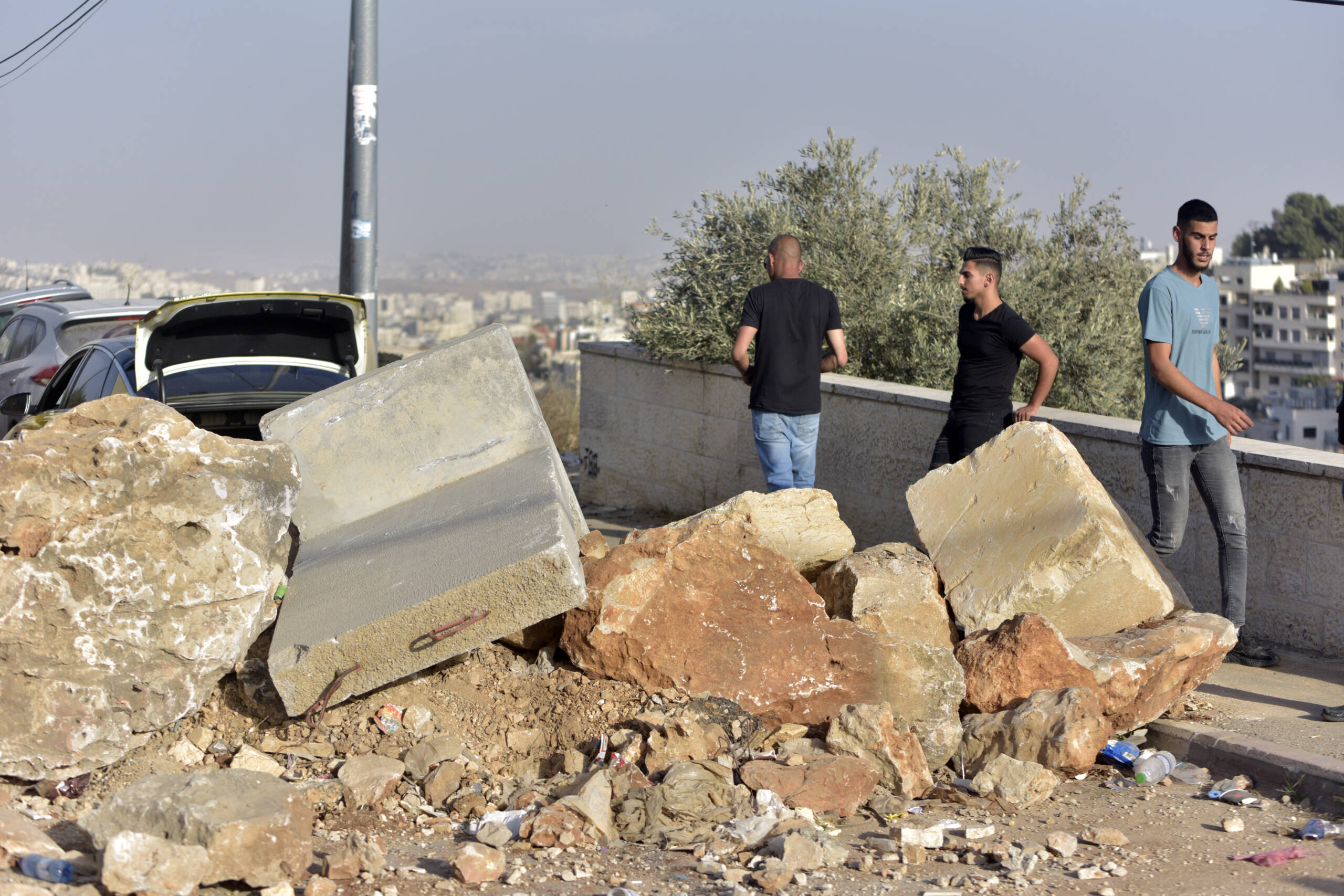By Cody O’Rouke | Good Shepherd Collective

The Dome of the Rock, an Islamic shrine at the center of the Al-Aqsa mosque compound on the Temple Mount in the Old City of Jerusalem (taken in March 2024). Photo by Cody O’Rouke.
With Ramadan quickly approaching, what should be a time of community and family gatherings for millions of Palestinians, will no doubt be one of mourning. The Israeli government is now preparing to restrict West Bank Palestinians aged 10-60 from entering the mosque during Ramadan — which will undoubtedly spark unrest as it has in previous years.
Since October 7, Israel has conducted a devastating campaign in Gaza, resulting in the deaths of at least 31,043 people and injuring 76,666, with the actual numbers likely much higher due to many victims remaining unrecovered under rubble or in the streets. Israeli forces have not only targeted individuals but have leveled entire Palestinian neighborhoods, killing 13,536 children, 8,900 women, and 8,607 men in the process.
Moreover, Israeli assaults on medical facilities and first responders have led to the deaths of 364 medical workers and 48 emergency personnel. In an attempt to silence the Palestinian narrative of these events, Israel has also killed 132 journalists and many of their family members, highlighting the lengths to which it will go to suppress the truth about its actions in Gaza.
The violence has not been confined to Gaza but has also spread across the West Bank, Jerusalem, and other occupied territories. Israeli forces have escalated their aggressive raids into Palestinian refugee camps and communities in the West Bank, destroying infrastructure, conducting mass arrests, and causing numerous deaths and injuries among Palestinians.
Specific incidents include the fatal shooting of 13-year-old Mohammad Khaled Zaid by Israeli forces at the Al Jalazone refugee camp entrance in Ramallah, who was left to bleed for an hour before aid could reach him. On the same day, 16-year-old Mohammad al-Deek was killed during a military incursion in Kafr Ni’ma village, Ramallah. Another tragic event occurred on March 4, when Israeli forces killed 16-year-old Mustafa Abu Shalbak from Qalandiya refugee camp and a 10-year-old boy, Amr Muhammad Najjar, in Burin, south of Nablus, who was shot in the head while with his father.
Since October 7, 2023, the violence in the West Bank has resulted in the deaths of 412 Palestinians, including 106 children, and injuries to 4,623 individuals, with 710 of them being children.
Israeli authorities have also demolished 18 structures in the Jericho area, displacing seven people, under the pretext of lacking Israeli-issued building permits. This is part of a broader pattern of demolition and displacement, with 599 people, including 285 children, being forced out of their homes in Area C and East Jerusalem since October 7, 2023. In addition, 23 homes have been punitively demolished, and two sealed off, displacing 121 Palestinians, including 51 children, in acts of collective punishment.
Furthermore, OCHA has documented 607 attacks by Israeli settlers against Palestinians, resulting in deaths, injuries, and property damage. These attacks, often occurring under the protection of Israeli forces and with impunity, have been a primary driver of Palestinian displacement in the West Bank.
Israeli state-sanctioned settler violence has displaced 198 Palestinian households, affecting 1,208 individuals, including 586 children, from 15 herding and Bedouin communities. More than half of these displacements occurred on three specific dates, affecting a total of 1,539 people, including 756 children.
The Good Shepherd Collective, a partner of the Presbyterian Hunger Program, is actively compiling and sharing these data to inform and support advocacy for decolonization and accountability. This systematic violence against Palestinians, surpassing the scale of the 1948 Nakba, calls for a dismantling of the financial and institutional structures that perpetuate and support Israeli settler violence, necessitating long-term organizing for the creation of alternative structures.
This past Christmas, Palestinian Christians across Palestine canceled all holiday events. They refused to put up lights or their Christmas trees in solidarity with their kinship in Gaza — an act of solidarity few in the West could comprehend. In this pivotal period, as escalating tensions loom and pose the risk of sparking another cycle of violence, we urge Christian advocates to critically evaluate their approaches and methods, determining if they effectively challenge and dismantle the frameworks perpetuating violence.
The work of the Presbyterian Hunger Program is possible thanks to your gifts to One Great Hour of Sharing.
